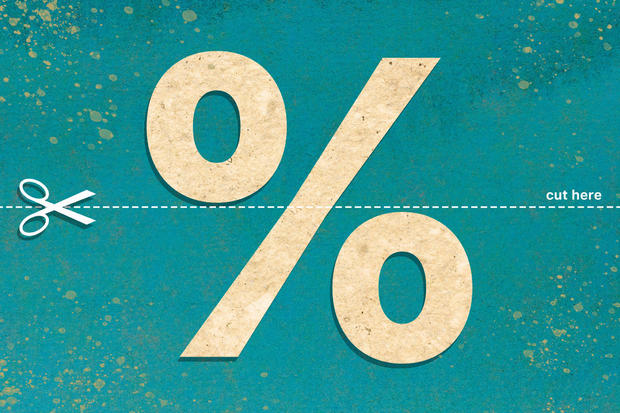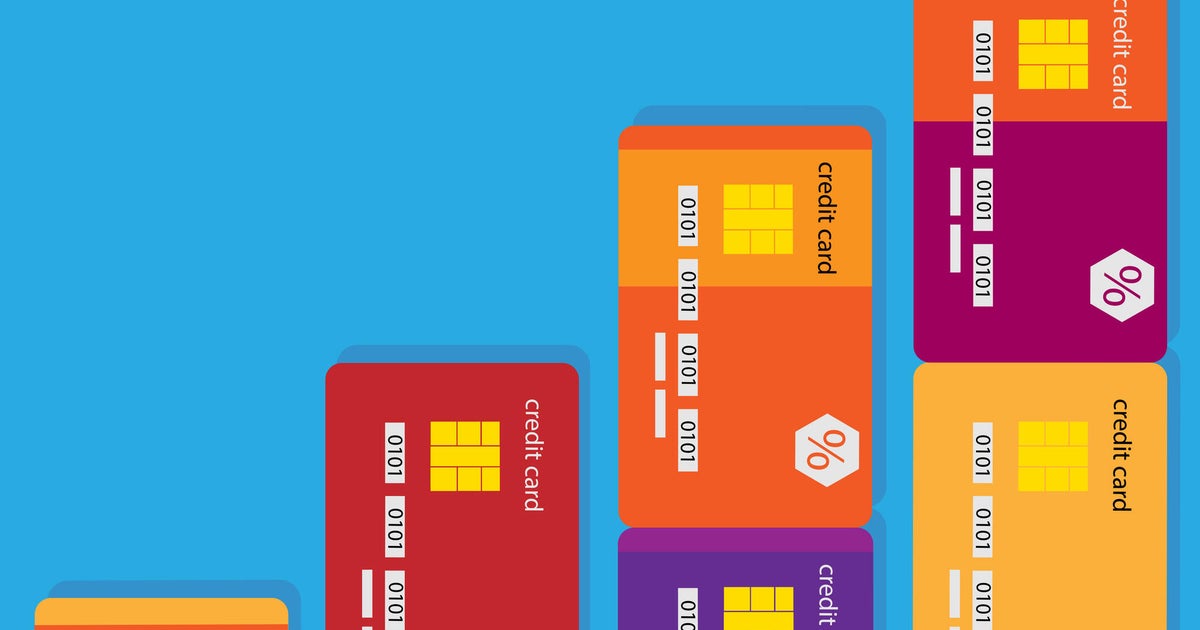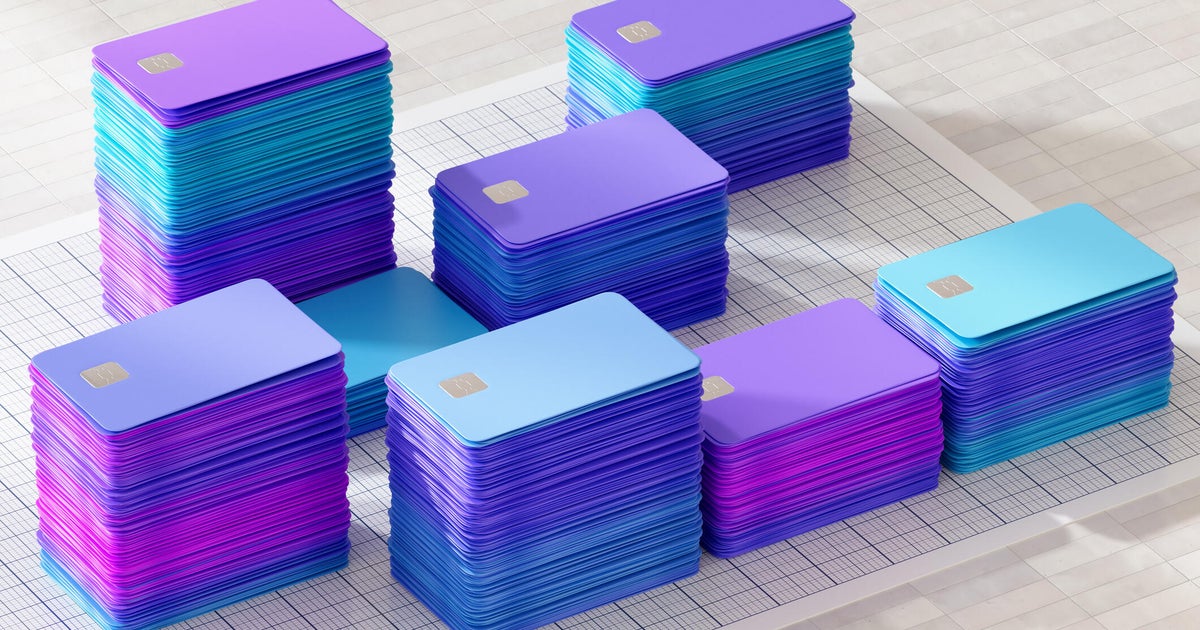Here's how much credit card interest rates could drop this fall
Inflation and high interest rates have strained budgets across the country. Credit card users have been hit especially hard, watching their balances grow faster and their payments stretch thinner. It's a tough spot that's left many people searching for relief.
While some predict credit card interest rates might dip this fall, experts caution against expecting dramatic changes. Even small rate adjustments could affect millions of borrowers, but the impact may be limited. Understanding these potential changes is crucial for managing your credit card debt effectively.
Don't let your credit card issues compound. Find out what your debt relief options are today.
Here's how much credit card interest rates could drop this fall
"Based on current economic indicators and Federal Reserve policies, interest rates could drop by 0.25% to 0.5% this fall," says Kristy Kim, CEO and founder of TomoCredit.
This modest decrease might not dramatically change your monthly payments, at least not right away. But Kim points to a potentially brighter future.
"[Analysts suggest] we could see more substantial rate reductions by early next year, particularly in January or February," Kim says.
Avanti Shetye, financial planner and investment advisor at Wealthwyzr shares a similar outlook.
"I don't anticipate credit card interest rates to drop by much even if the Fed reduces the [Federal Funds Effective Rate] FFR," Shetye says.
Shetye points out that credit card annual percentage rates (APRs) have two components: the bank prime loan rate and the APR margin. The prime rate typically moves with the Federal Reserve rate changes. But the APR margin is set by credit card companies — and has been increasing over time.
"Credit card APRs have remained elevated even when the Fed reduced the Fed Funds rate," Shetye says.
This suggests your credit card rate might not drop significantly even if the Fed lowers the rate.
Learn more about the best debt relief strategies available to you here.
Economic factors driving the change
Jason Fannon, certified financial planner and senior partner at Cornerstone Financial Services, breaks down three key economic factors influencing credit card interest rates:
- Inflation: When inflation is high, the Fed may keep interest rates up to slow spending and stabilize prices. could lead to rate cuts (to boost the economy).
- Employment: Strong job markets typically keep rates steady. But rising unemployment could prompt rate cuts to stimulate hiring.
- Economic growth: Slower growth might lead to lower interest rates to encourage spending and investment.
How to manage credit card debt while waiting for rate drops
While waiting for potential interest rate drops, you can proactively manage your credit card debt. Experts suggest a combination of careful spending and strategic debt management to improve your financial situation.
"Spend conservatively until we see a significant drop in interest rates," says Kim. This will prevent your debt from growing while you wait for better rates.
Besides cutting back on spending, you can take these practical steps:
- Track your spending: Keep a close eye on where your money goes for a month. This will help you spot areas where you can cut back (e.g. impulse buying and extravagances such as eating out).
- Create a budget: Jot down your monthly expenses relative to your income. Then, find ways to reduce costs. Meal planning or canceling unused subscriptions could be a good start.
- Increase your income: Sell personal belongings you no longer need, pursue a side gig or get more hours at work so you can pay what you owe faster.
- Consolidate your debt: "Consider consolidating credit cards to the lowest APR," says Fannon. Find the best debt consolidation rate by weighing offers from several lenders.
- Consider balance transfers: "Reviewing options to transfer balances to a 0% APR card may make sense as it stops [more] interest from accumulating," he added. Just don't forget to read the fine print on the balance transfer offers.
- Commit to your plan: Keep paying your credit card bills on time and avoid using the credit cards until you pay off debt.
The bottom line
Credit card interest rates may drop this fall, but waiting for changes isn't your only option. Experts advise reviewing your current rates and considering debt consolidation. "If [you] have more than one card, consider consolidating the balances from the higher APR cards to the lowest APR card," Fannon says.
Shetye says that balance transfers to cards with low or 0% introductory rates can offer immediate relief, but "don't add any more debt to the new card — use the introductory period to plan and pay off existing debt."
Taking control of your finances goes beyond rate shopping, though. Create a budget that prioritizes debt repayment and stick to it. If you're feeling overwhelmed, you may want to work with a leading debt relief company on a plan. A debt assistance specialist there can provide personalized advice and recommend a solid strategy to revive your financial health.




